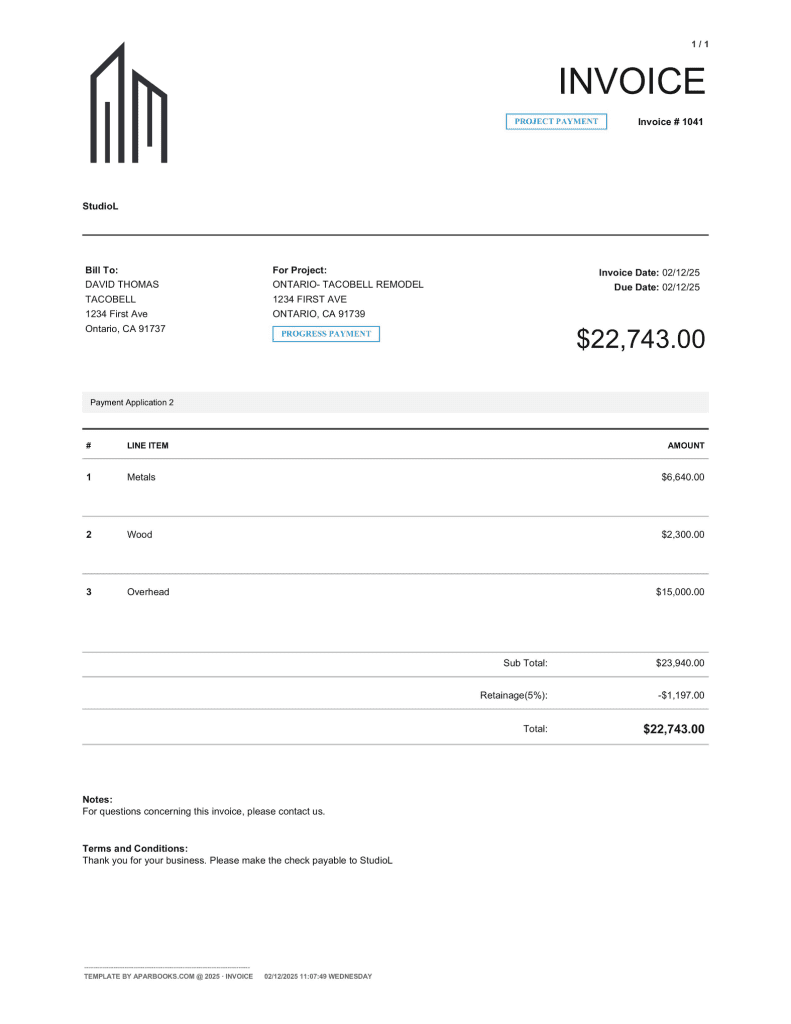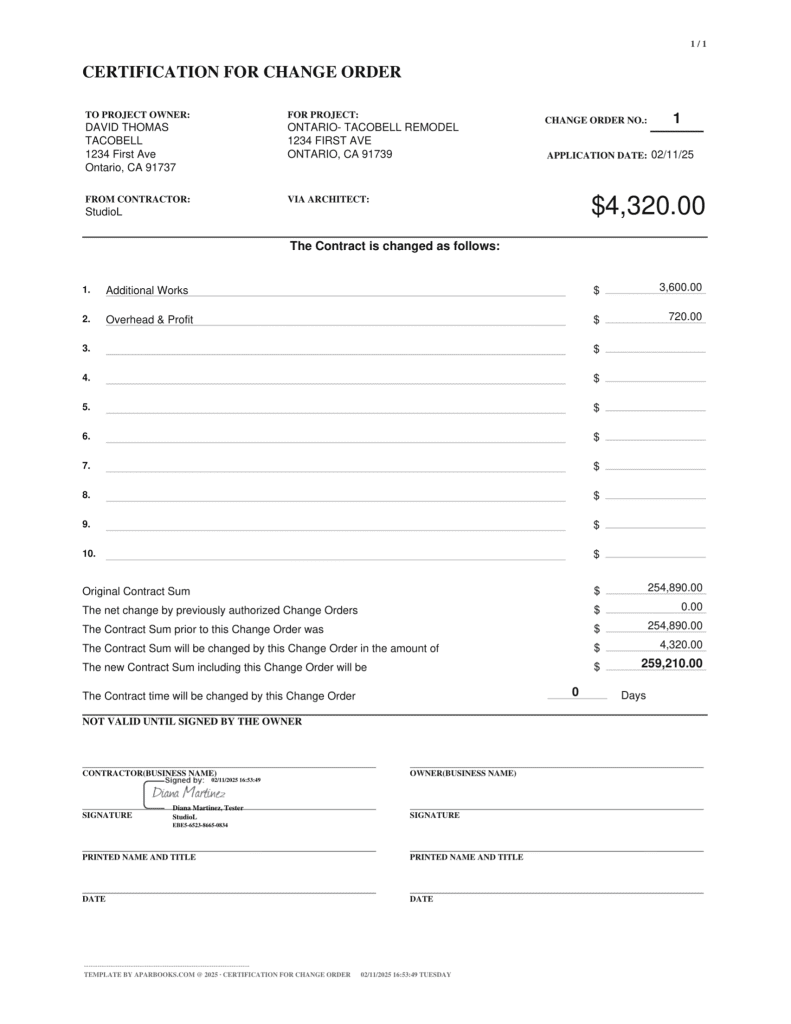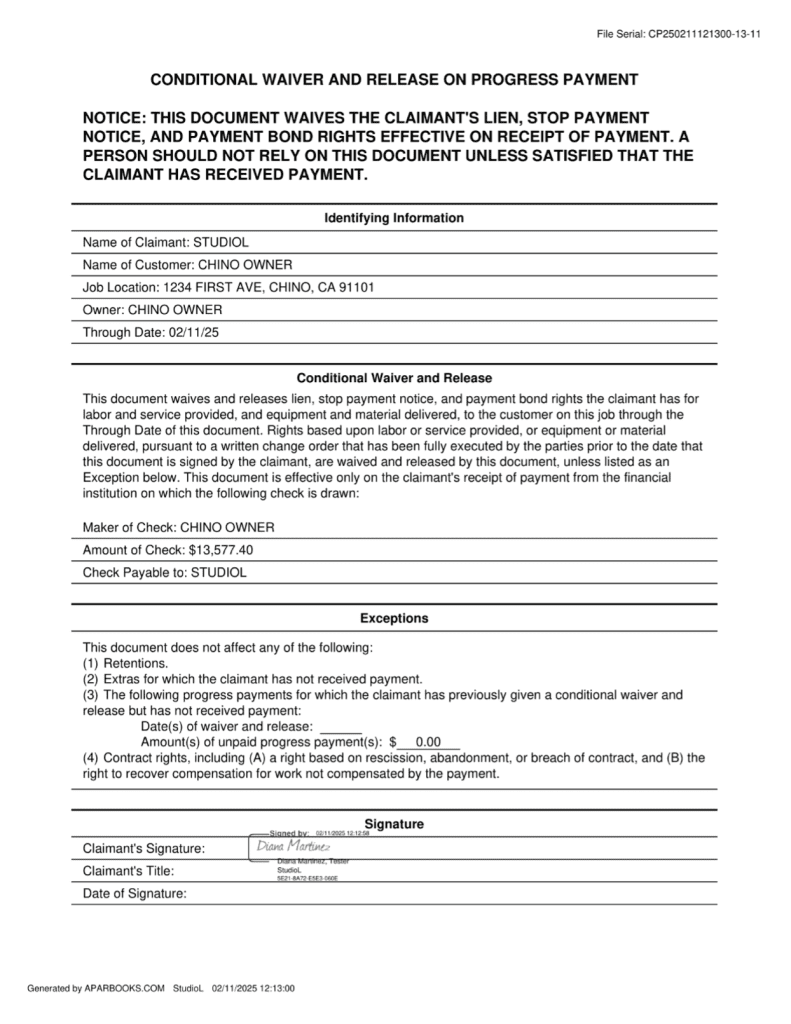At Ridgeway Builders, a general contracting firm specializing in commercial projects, organizing project documentation had become a constant challenge. Every project required a variety of forms—estimates, invoices, change orders, lien waivers, and payment applications—all of which came in different formats, sometimes even for the same project.
This inconsistency wasn’t just messy; it made the firm appear unprofessional when presenting documents to clients, subcontractors, and vendors. More importantly, having different templates with varying terminology for the same items created confusion and occasional mistakes in accounting and calculations. With no standardized vocabulary across documents, tracking finances and revisiting old forms to correct or reference past information became unnecessarily complicated.
The lack of standardized forms affected Ridgeway Builders’ operations daily. Financial errors resulting from inconsistent terminology caused delays in payment processing and even led to disputes with vendors who received unclear documents.
This inefficiency was eating up time and resources, as the accounting team frequently had to cross-check and revise forms to ensure alignment across different templates. Administrative workload surged, with staff spending extra hours adjusting documents manually and handling misunderstandings due to form inconsistencies.
These challenges slowed down project workflows and strained relationships with clients and partners, directly impacting the company’s reputation for professionalism and reliability.
When Ridgeway Builders implemented APARBooks, the difference was immediate. APARBooks provided a universal template for all necessary project documents, from estimates to payment applications. This unified template not only ensured a consistent, professional appearance but also used standardized terminology across all forms, reducing confusion and error in financial calculations.
With APARBooks, the team could make unlimited edits on documents and data to create the exact versions they needed. Each document was automatically time-stamped for easy tracking, and users could instantly send files to any vendor or project owner directly through APARBooks—eliminating the need for downloads and email attachments. These clear, professionally formatted PDFs were perfect for printing or sharing with any stakeholder, making document management easier than ever.












